While possessing small amounts of marijuana is still illegal in Virginia, as of today, the maximum penalty for people caught with an ounce or less of marijuana has been reduced to a $25 civil fine.
It’s quite a pivot for a state where police reported a record 29,000 arrests for marijuana possession in 2018 and a study the prior year found 127 people were being held in jail solely on a marijuana charge — enforcement that disproportionately targeted Black Virginians.
Sen. Scott Surovell, D-Fairfax cautioned that “it’s important to remember that just because it’s now a civil infraction doesn’t mean you’re immune from bad things happening if you get charged or convicted.” Worrying that the bill will “give a lot of people a false sense of security.”
What decriminalization is (and isn’t)
Under bi-partisan legislation signed by Gov. Ralph Northam in May, possession of up to an ounce of the drug in any form is a $25 fine issued in the form of a ticket, ending the possibility of arrest but still allowing police to search people’s cars and possessions if they say they smell the drug. There are no escalating penalties for multiple violations.
Until today, possession of a half-ounce or less of the drug was punishable by up to 30 days in jail and a $500 fine, though driver’s license suspensions were more common than jail time. A second conviction carried the threat of up to a year in jail and a $2,500 fine. And people found with hash and other commercially concentrated versions of the product — which are increasingly common with the drug’s legalization in states around the country — faced felony charges.
However, growing the plant, possessing more than an ounce of it and distributing it to people (even as a gift) remains a felony, with potential sentences ranging from one to 40 years in prison depending on the circumstances and quantities involved. Likewise, people caught with less than an ounce could still be charged with felony distribution, which police usually link to the presence of paraphernalia like baggies and scales.
Some records sealed, others remain public
The law also includes protections aimed at lessening the lingering impact of past and future convictions for simple possession.
Lawmakers instructed the Virginia State Police, which maintains the state’s Central Criminal Records Exchange, to seal past charges and convictions. New charges wouldn’t be sent to the records exchange.
The law also makes it a misdemeanor for most employers and educational institutes to ask applicants to disclose past convictions on applications.
But lawmakers warn that the effects of those restrictions are likely to be limited in practice, noting that the use of the state criminal records exchange is largely limited to law enforcement but court records, where most private background check services obtain criminal history information, will remain public.
That means that even though applicants won’t be required to disclose past convictions, it will still be easy for employers and schools to find out about them.
Police enforcement will likely continue
The degree to which decriminalization will change the way police departments around the state approach the drug and potential violations remains to be seen.
“There’s no one-size-fits-all enforcement that can be applied to all traffic stops or investigations related to marijuana possession,” according to Virginia State Police department spokeswoman Corinne Geller.
Police arrested 26,470 people for marijuana possession last year, according to the annual Crime in Virginia report. That’s down from a two-decade high of nearly 29,000 arrests in 2018.
The Virginia State Police say their troopers will approach infractions on a case-by-case basis and, as with other violations, use their discretion to decide whether a warning or ticket is warranted.
But What Happens to Drug Dogs You Ask?
Another area in which departments are weighing changes surrounds the use and training of drug-sniffing dogs, which are typically taught to detect a variety of drugs, including marijuana — skills that can’t be unlearned when laws change.
The Virginia State Police say new dogs entering their narcotic detection programs will no longer be trained to detect marijuana, but Geller said K9s currently in the field will continue to serve and “will continue to train to the scent because possession of marijuana will still be illegal in Virginia.”
Full legalization still at least a year off
Virginia lawmakers voted not to pursue marijuana legalization this year, instead opting to study the issue and potential regulatory models for legal, recreational sales with a plan to revisit the issue next year.
For now, the only legal way to obtain the drug in Virginia will be through the state’s medical marijuana program, which will roll out later this summer when the first of five licensed dispensaries opens.
Until there is a framework for legal, recreational use of the drug in place, advocates say they expect enforcement of marijuana laws will continue to vary dramatically depending on circumstances and that disproportionate enforcement in communities of color will likely continue.
“We are likely to continue to see confiscation, paraphernalia charges and stern warnings depending on the municipality and the individual law enforcement officer,” said Jenn Michelle Pedini, executive director of Virginia NORML, the state chapter of the National Organization to Reform Marijuana Laws.
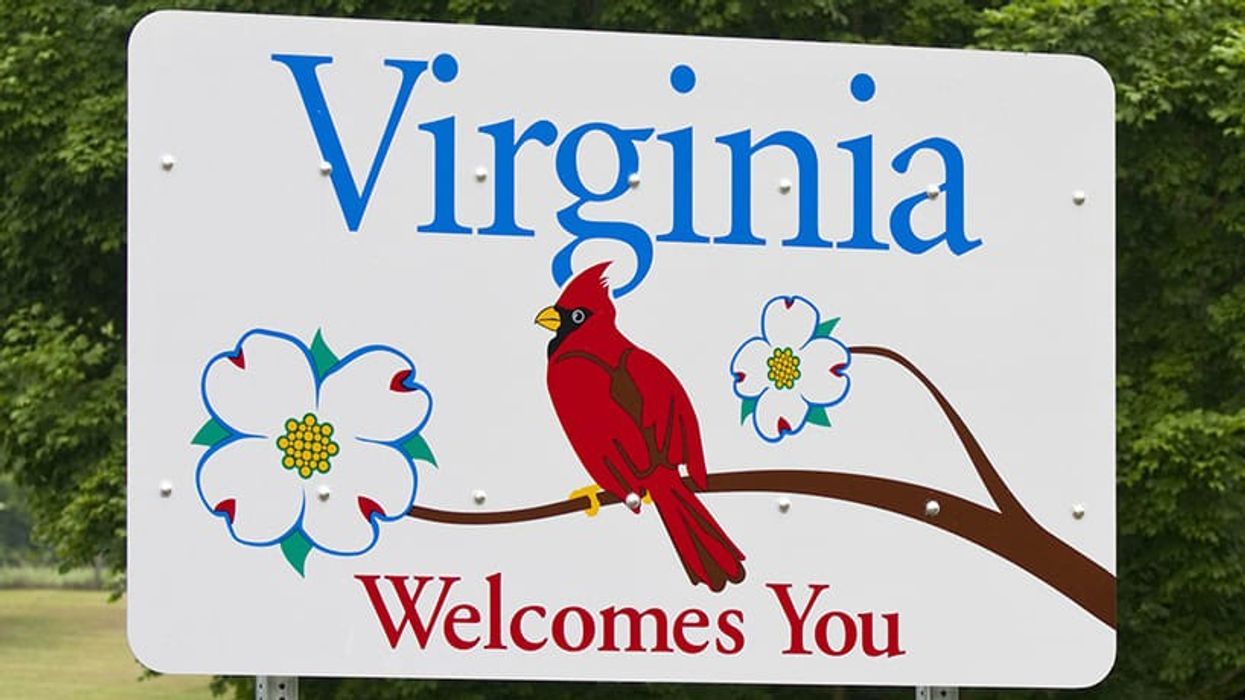

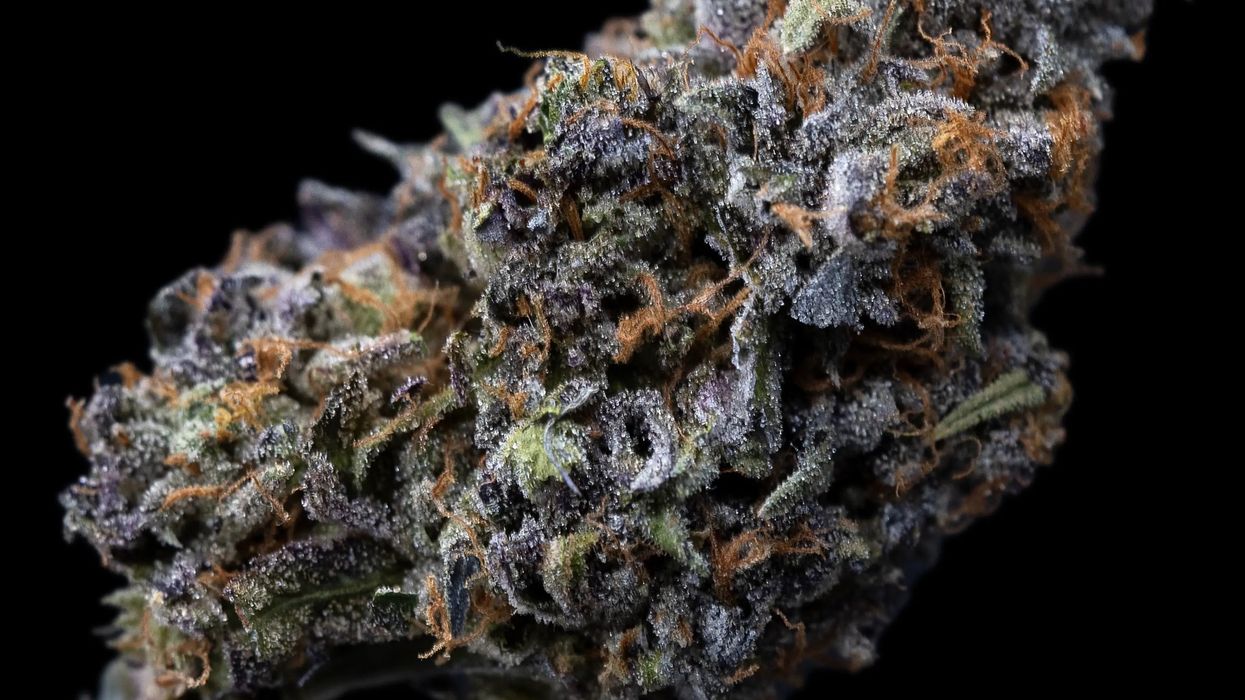
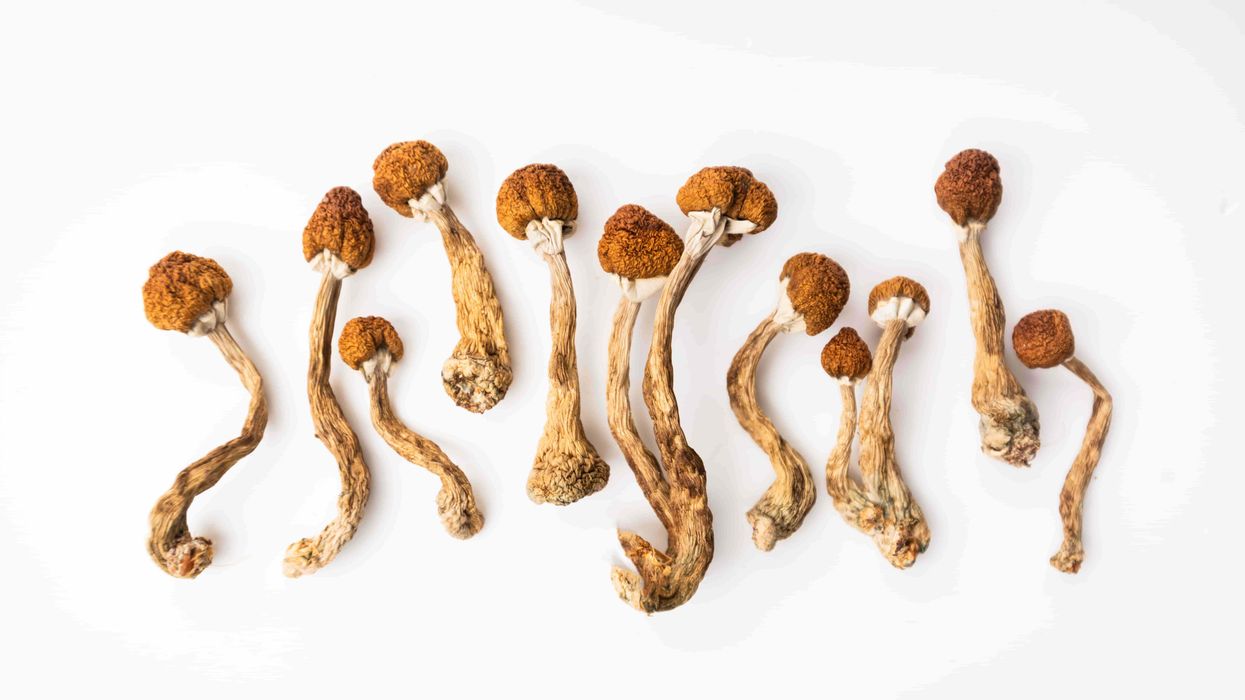
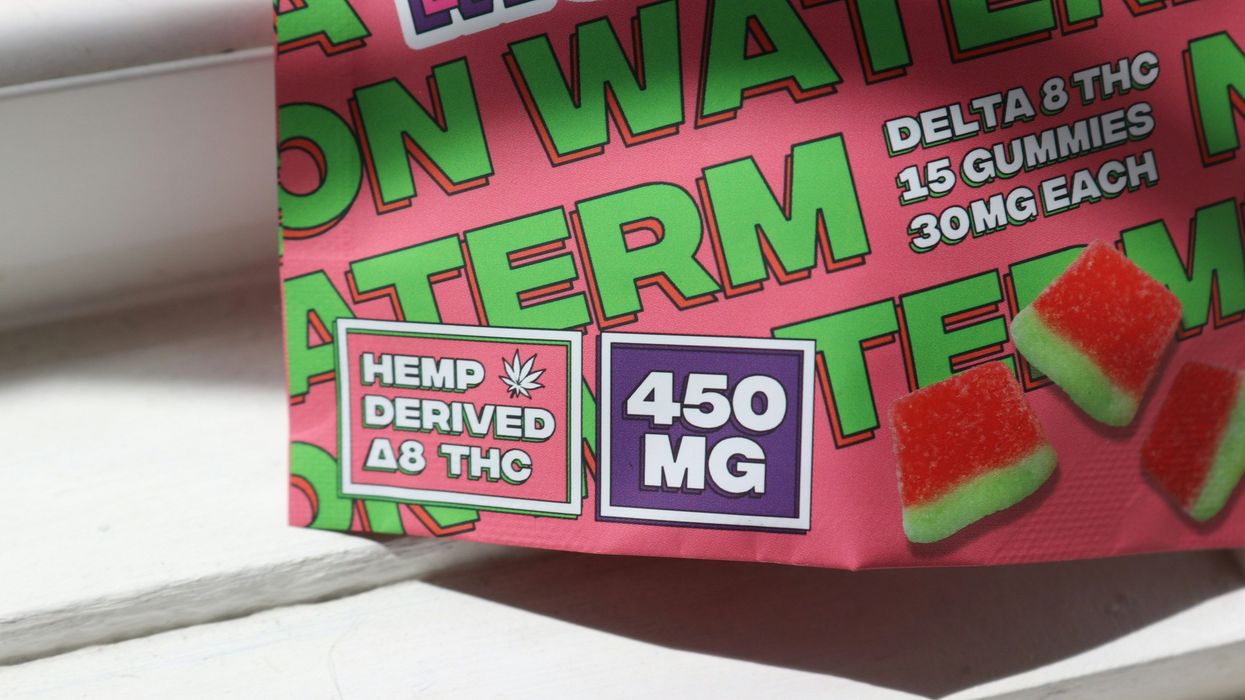


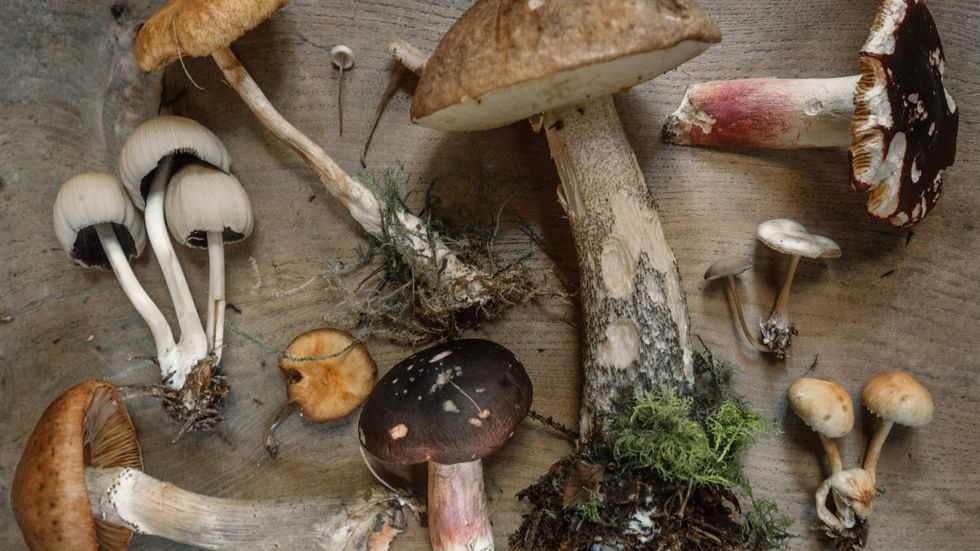 How Long Do Shrooms Last? Magic Mushroom Guide for Beginners - The Bluntness
How Long Do Shrooms Last? Magic Mushroom Guide for Beginners - The Bluntness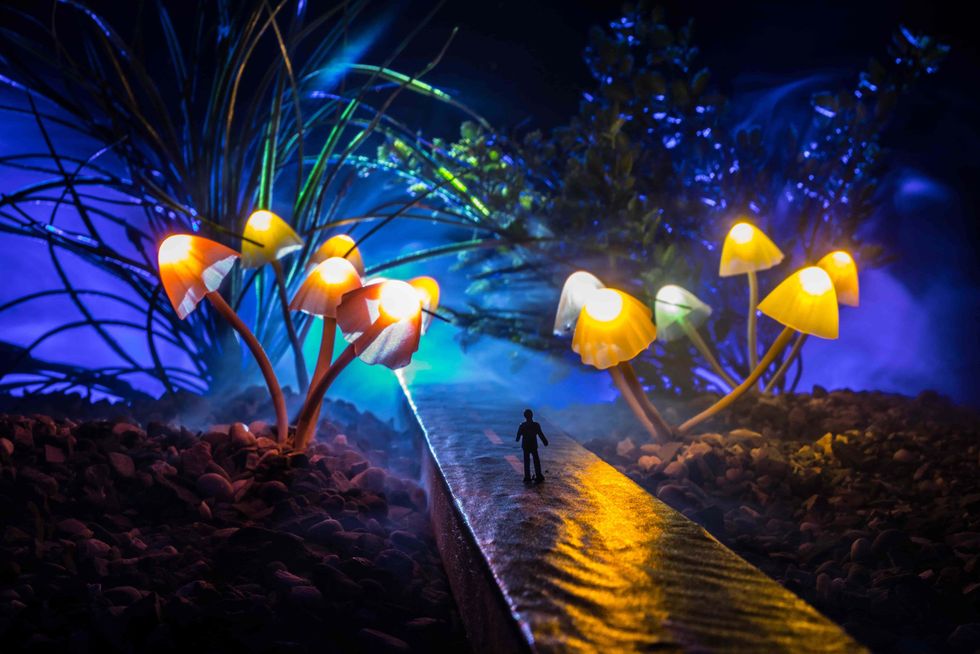 Psilocybin can provide a life-altering experience. -The Bluntness
null
Psilocybin can provide a life-altering experience. -The Bluntness
null
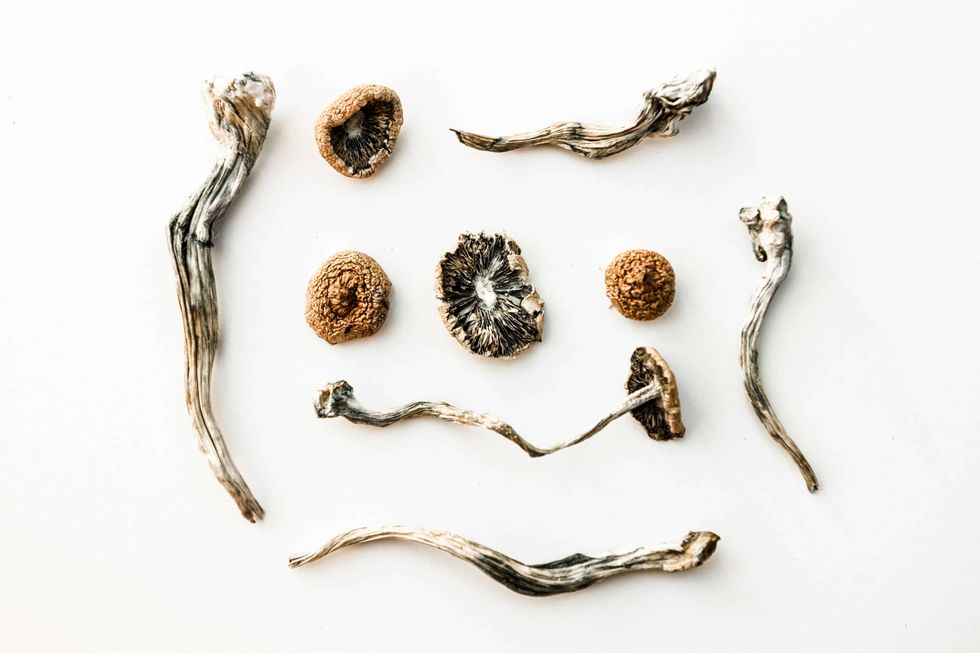 “Don’t diddle the dose. Once you have done your homework, go for it.” -- Terence McKenna
The Bluntness
“Don’t diddle the dose. Once you have done your homework, go for it.” -- Terence McKenna
The Bluntness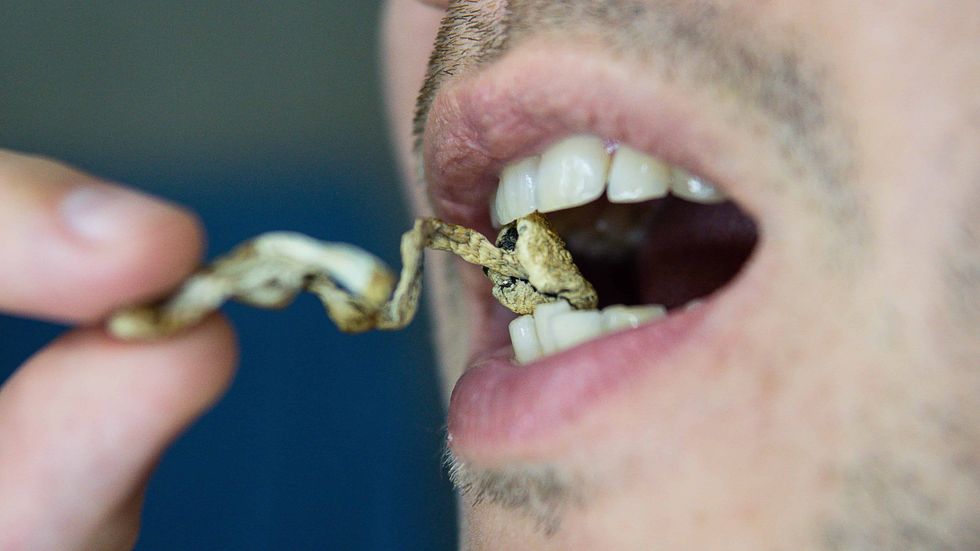 These mushrooms taste gross, but there are ways around that.The Bluntness
These mushrooms taste gross, but there are ways around that.The Bluntness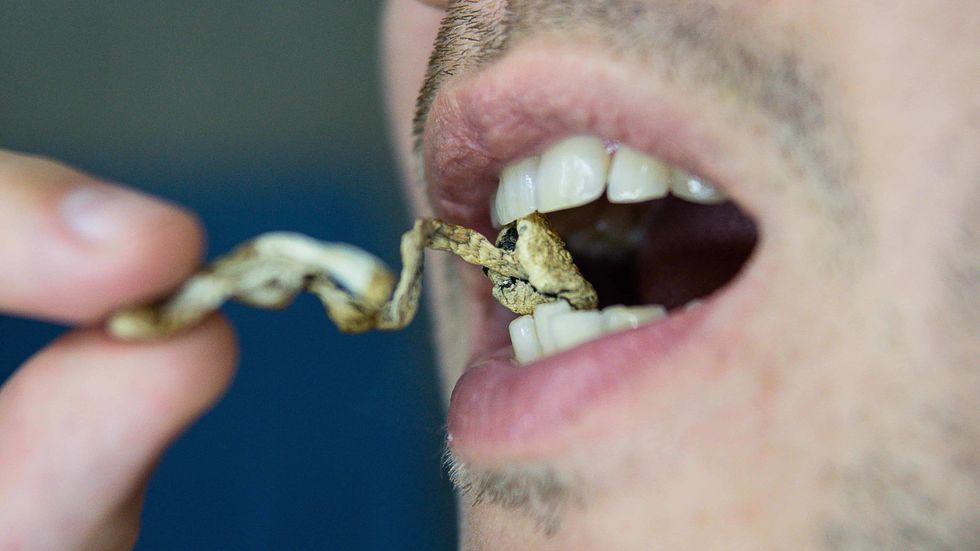 These mushrooms taste gross, but there are ways around that.
These mushrooms taste gross, but there are ways around that.
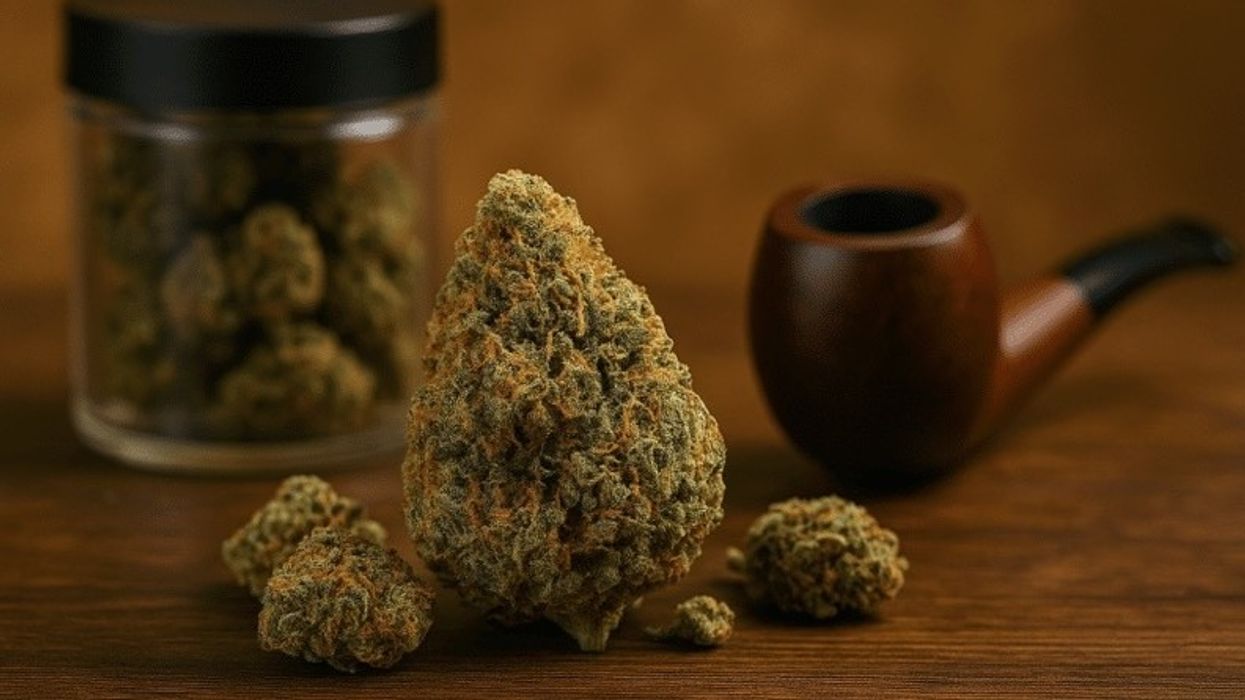





 What will you do with that cannabis kief collection? - Make Coffee! The Bluntness
What will you do with that cannabis kief collection? - Make Coffee! The Bluntness DIY: How to Make Kief Coffee - The Bluntness
Photo by
DIY: How to Make Kief Coffee - The Bluntness
Photo by 
 The Truth About THC Candle: Cannabis Candles & How to Make Your Own - The Bluntness
Photo by
The Truth About THC Candle: Cannabis Candles & How to Make Your Own - The Bluntness
Photo by 
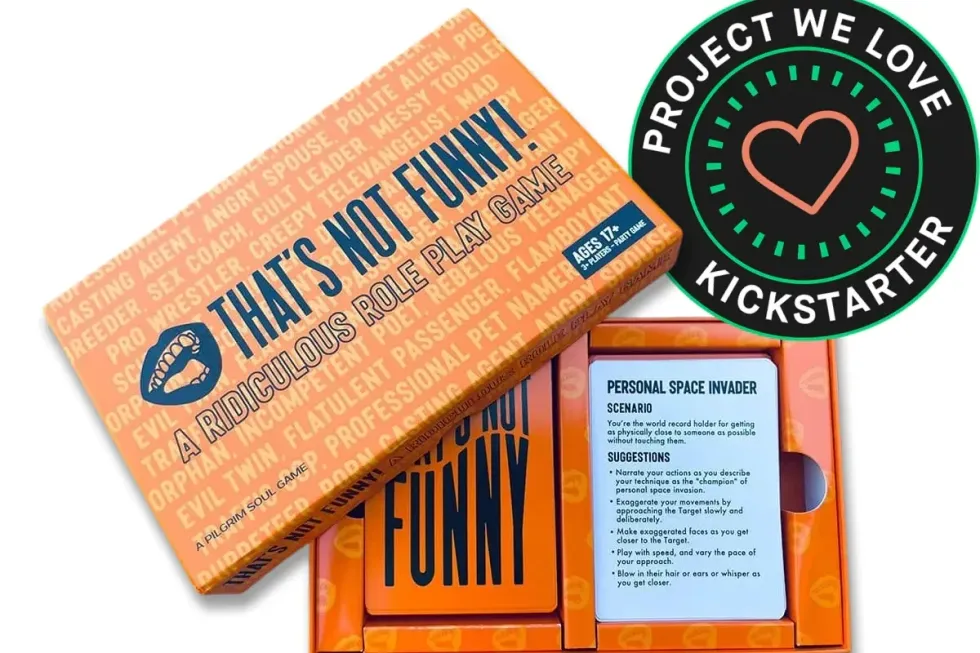
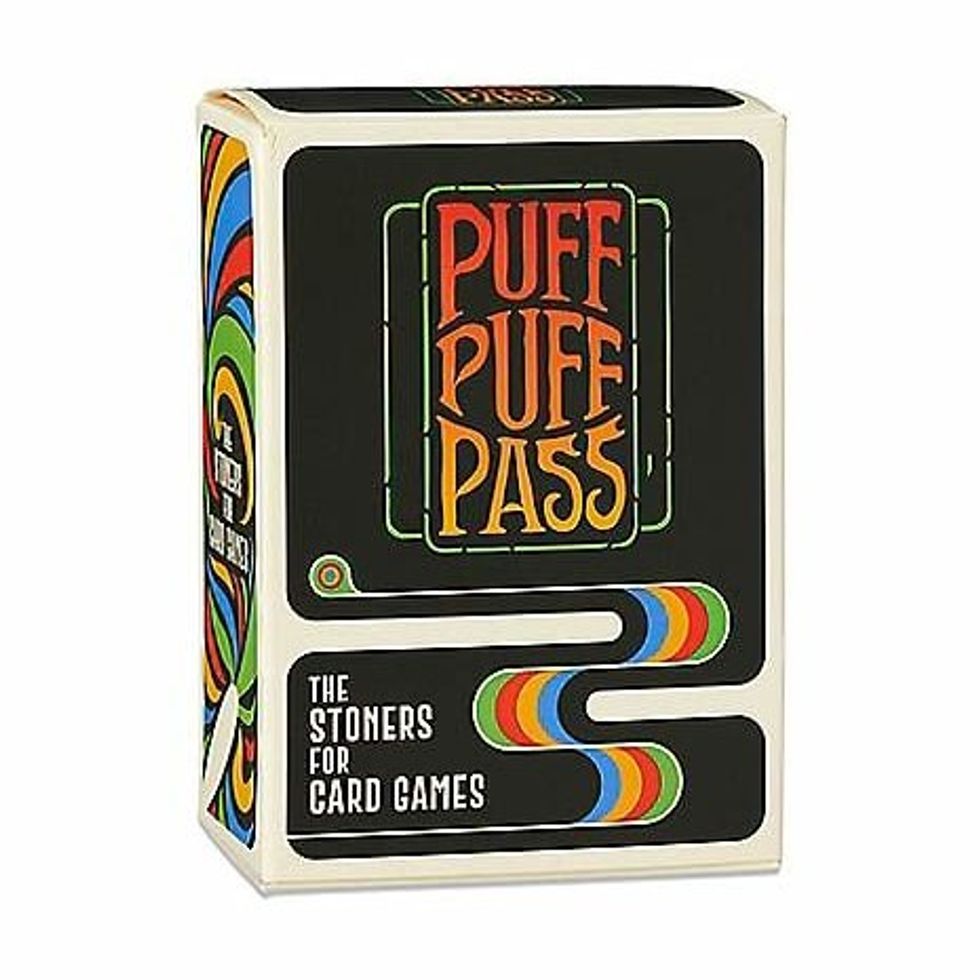
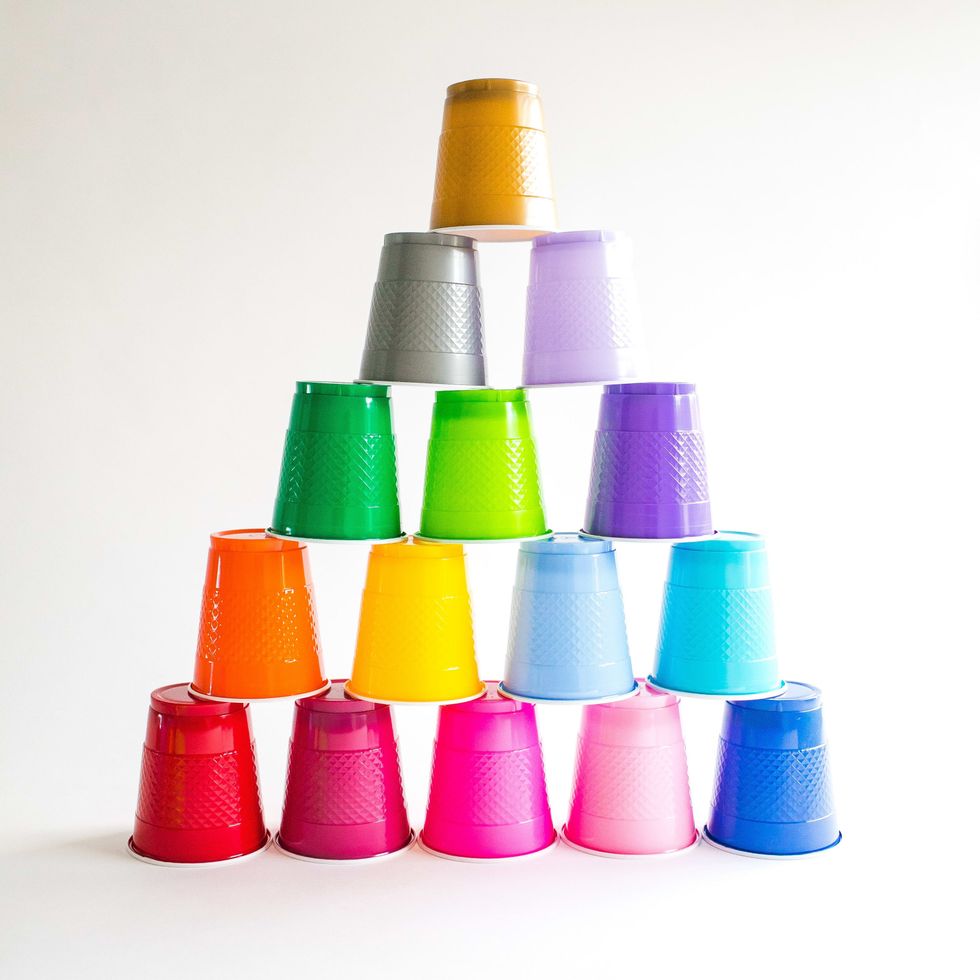
 Best Weed Smoking Games to Try - Jammin'
Best Weed Smoking Games to Try - Jammin'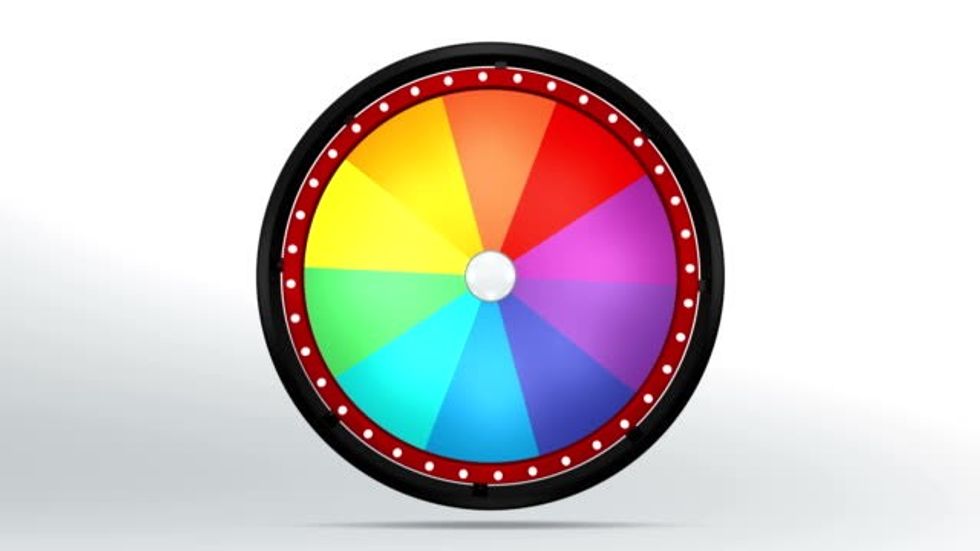 The 31 Best Weed Smoking Games To Try
The 31 Best Weed Smoking Games To Try The Best Weed Smoking Games
The Best Weed Smoking Games The Best Weed Smoking Games to Try
The Best Weed Smoking Games to Try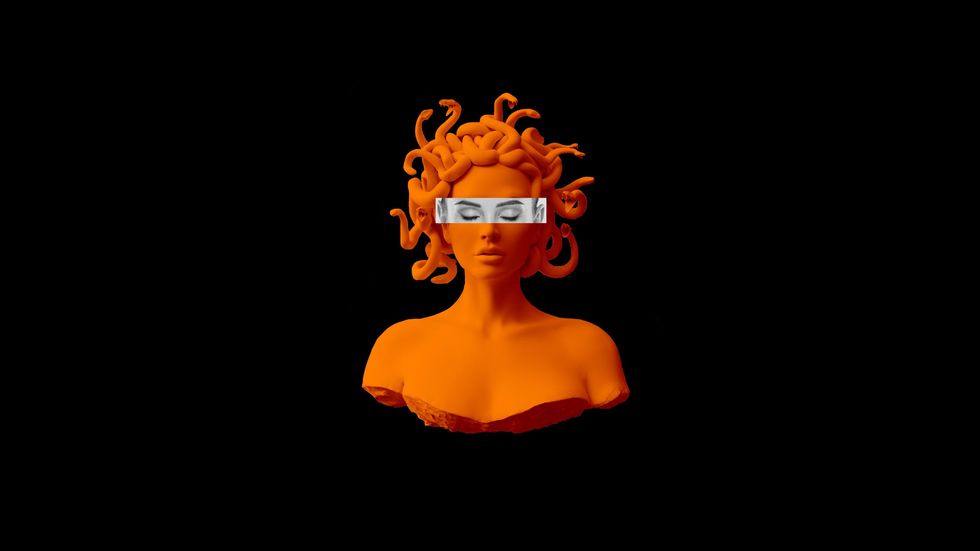
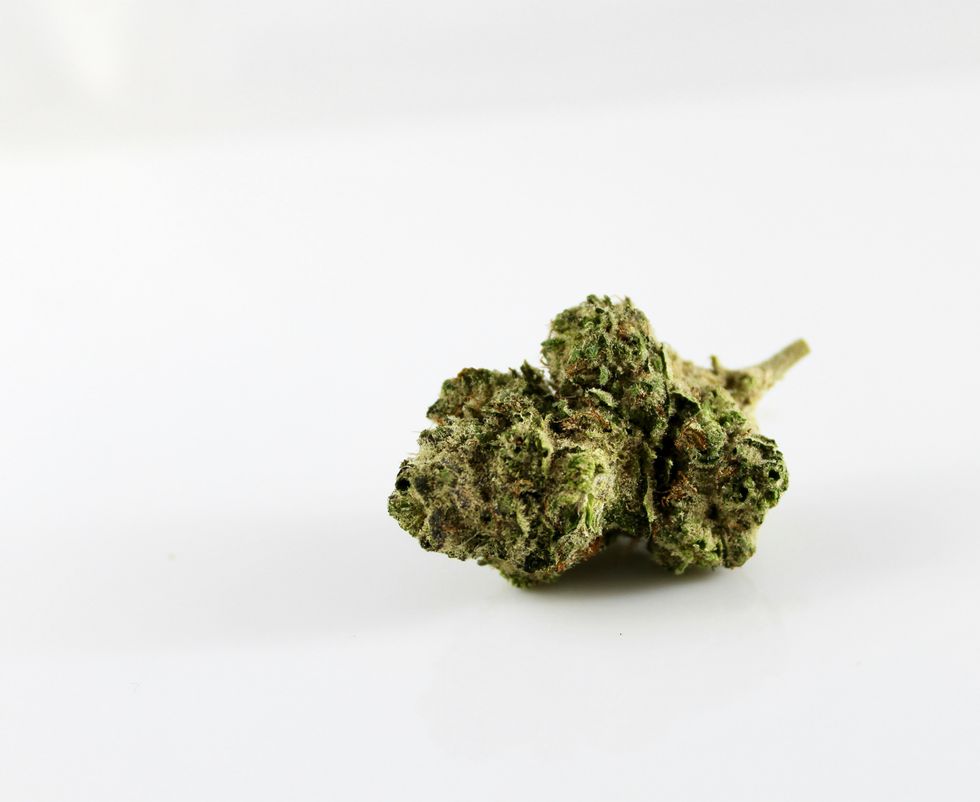
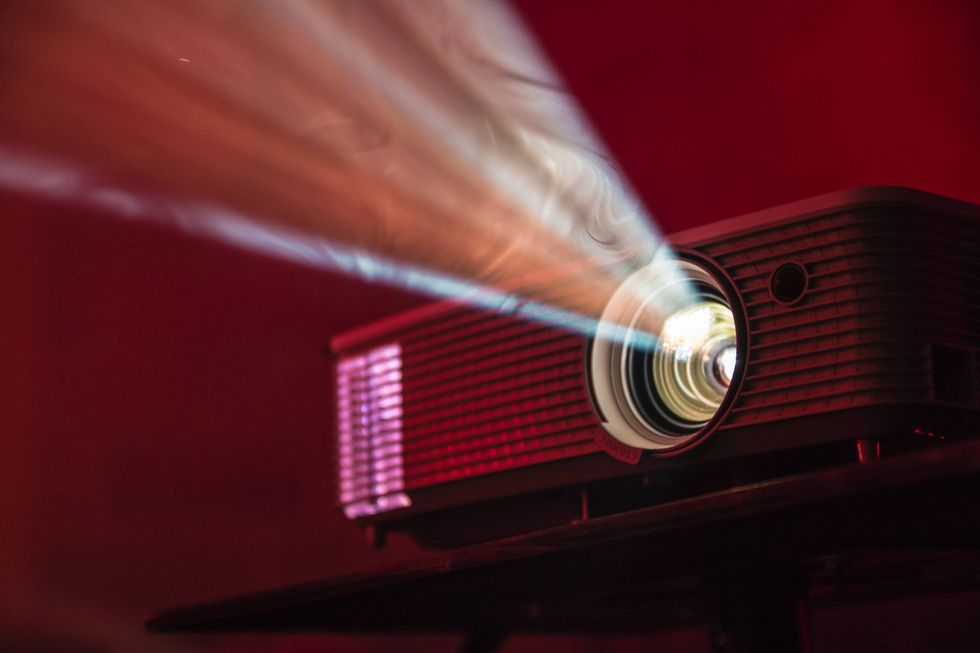 Stoner Games - Games to Play While High
Stoner Games - Games to Play While High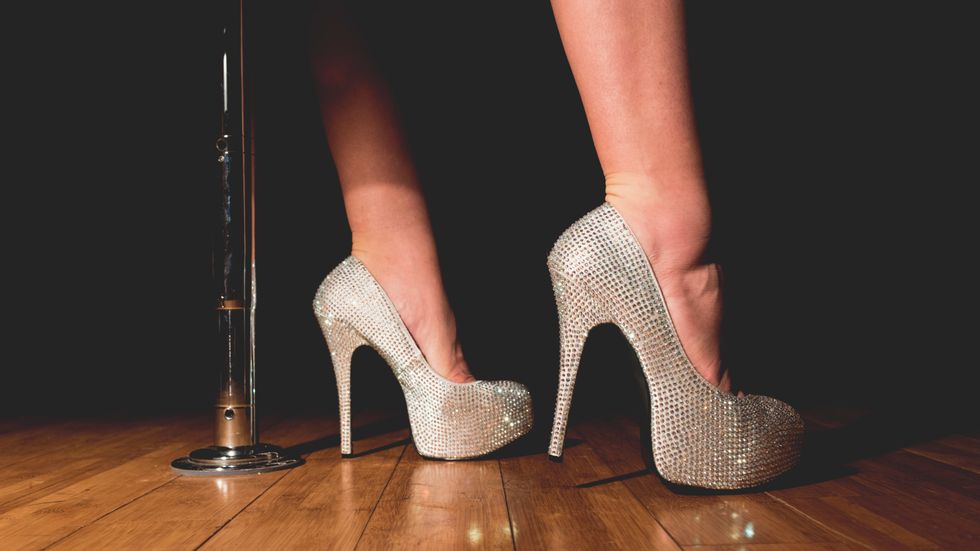 The Best Weed Smoking Games to Play
The Best Weed Smoking Games to Play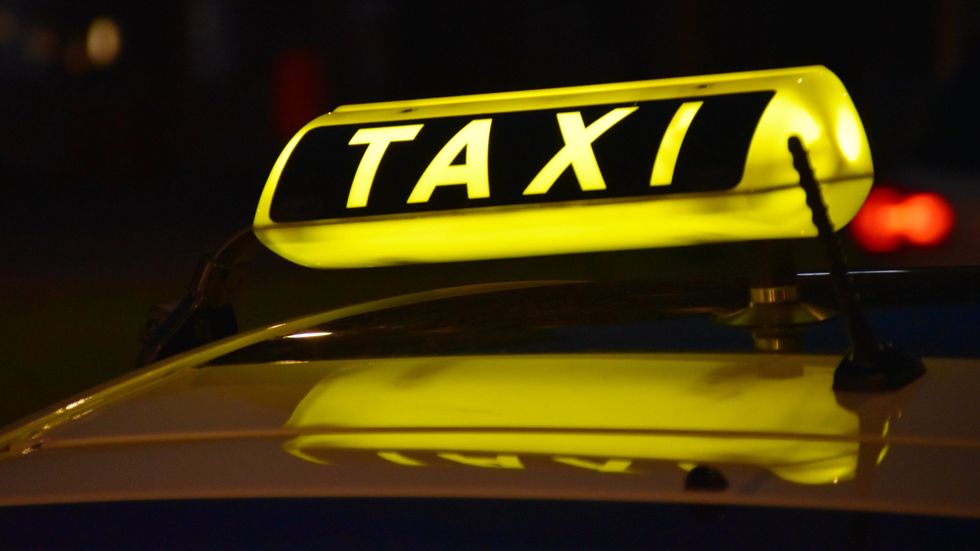 The Best Weed Smoking Games to Try
The Best Weed Smoking Games to Try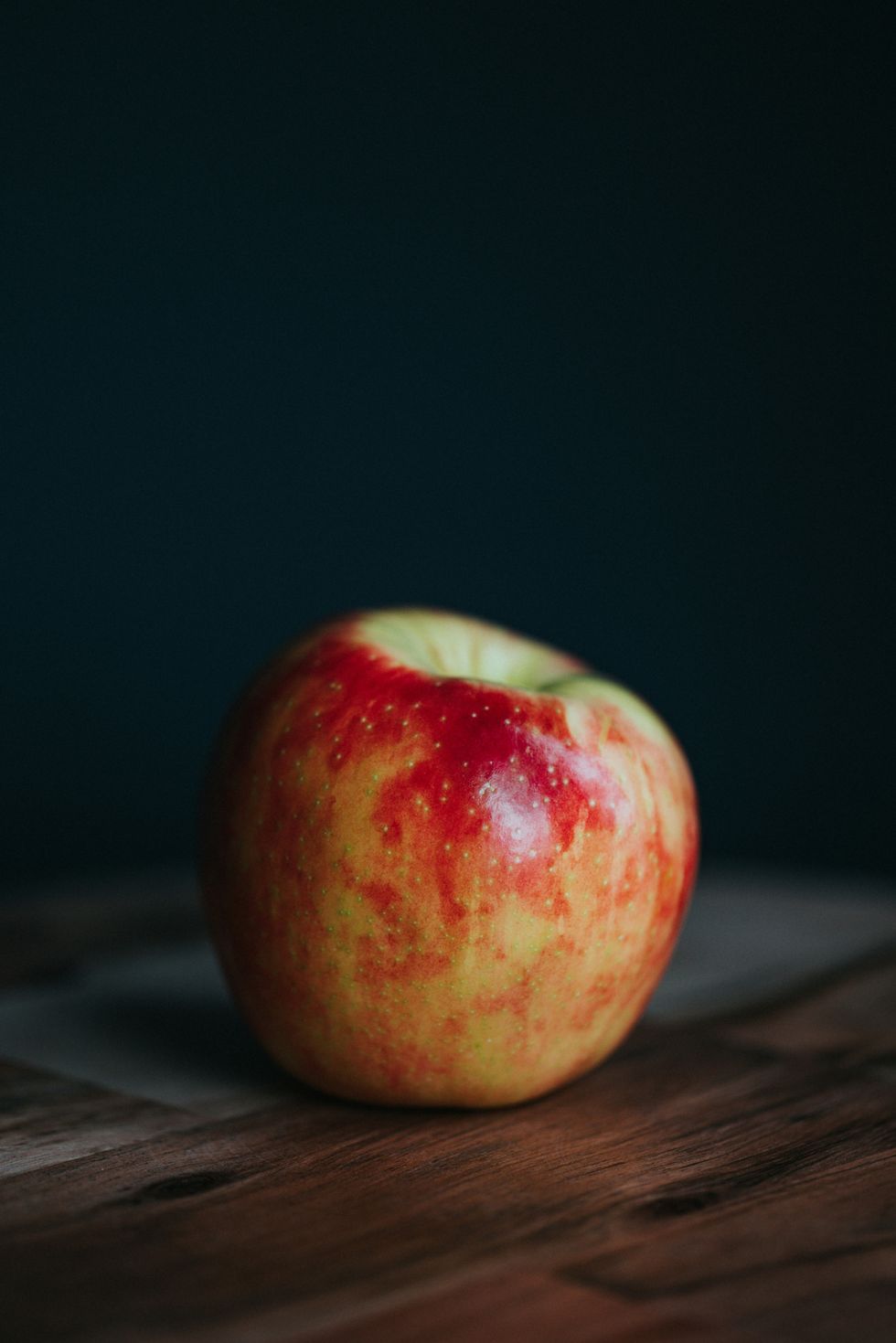
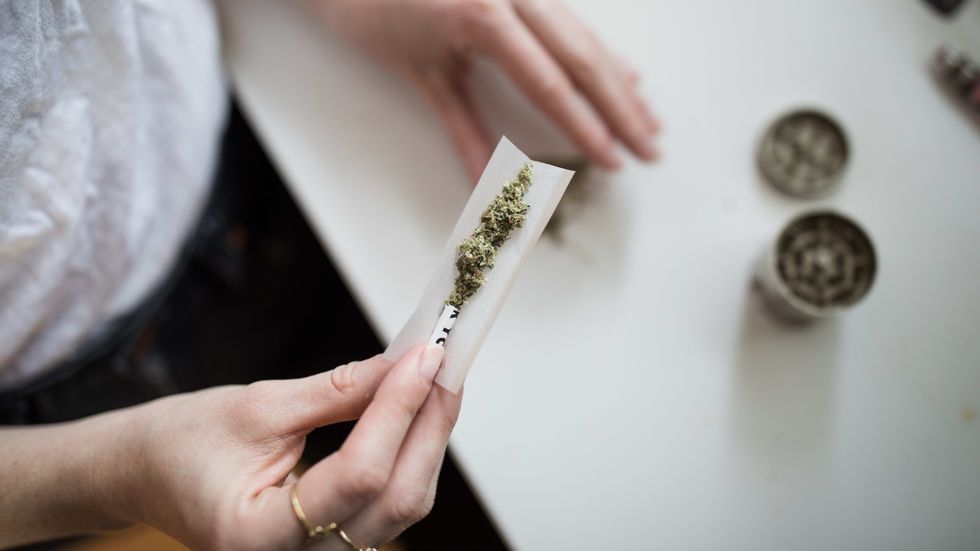 The Best Weed Smoking Games to Try
The Best Weed Smoking Games to Try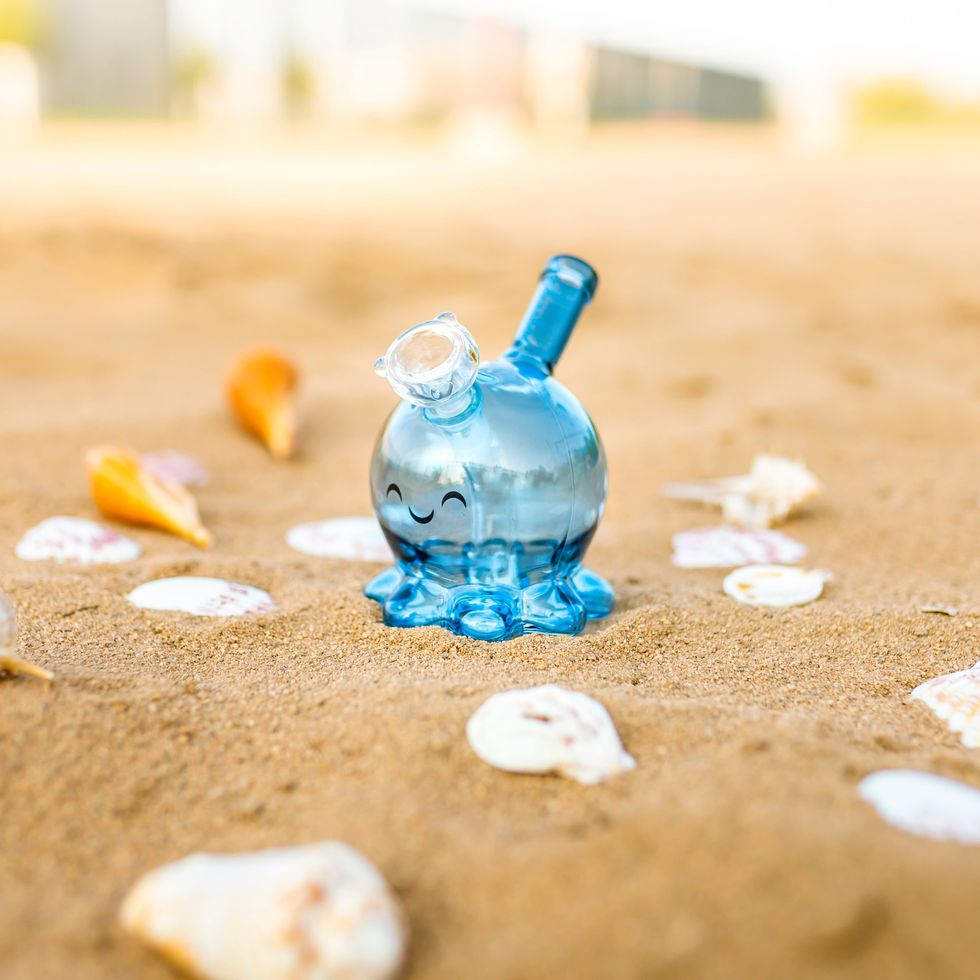
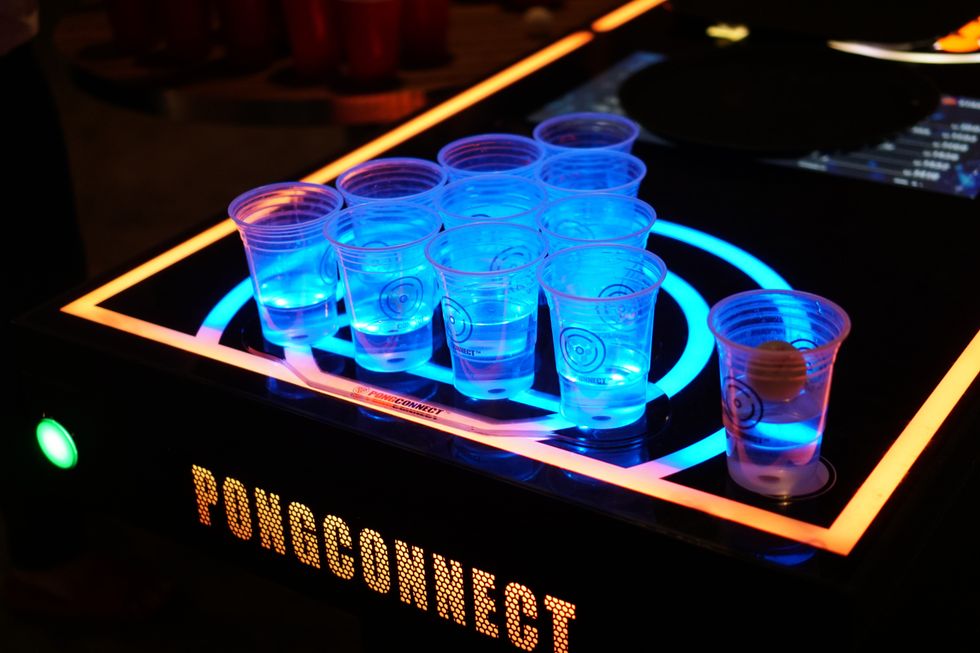 The Best Weed Smoking Games to Play
The Best Weed Smoking Games to Play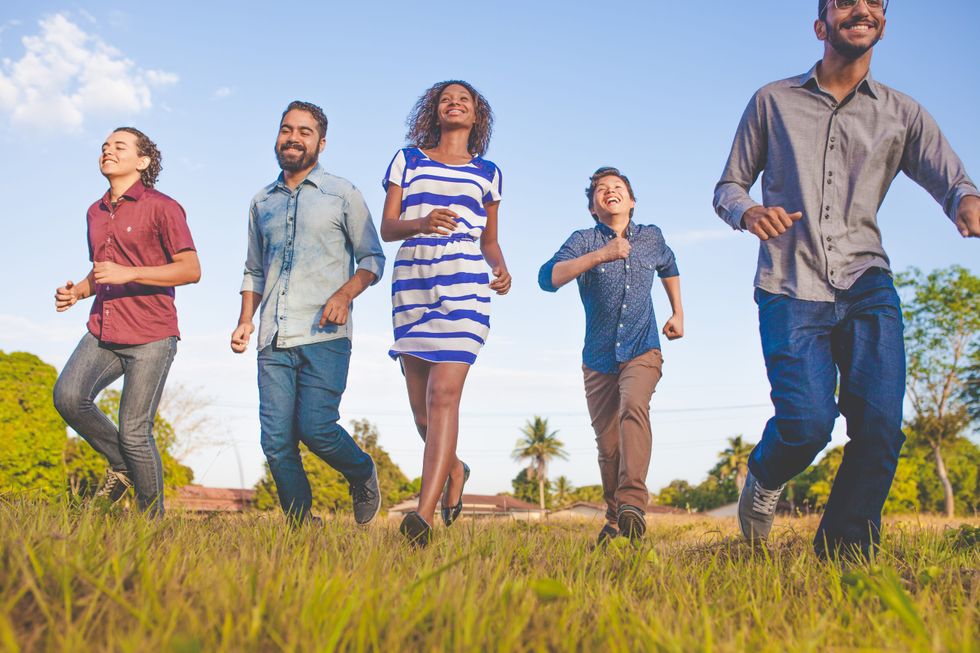 The Best Weed Games to Play
The Best Weed Games to Play The Best Weed Smoking Games to Try
The Best Weed Smoking Games to Try The Best Weed Smoking Games to Play
The Best Weed Smoking Games to Play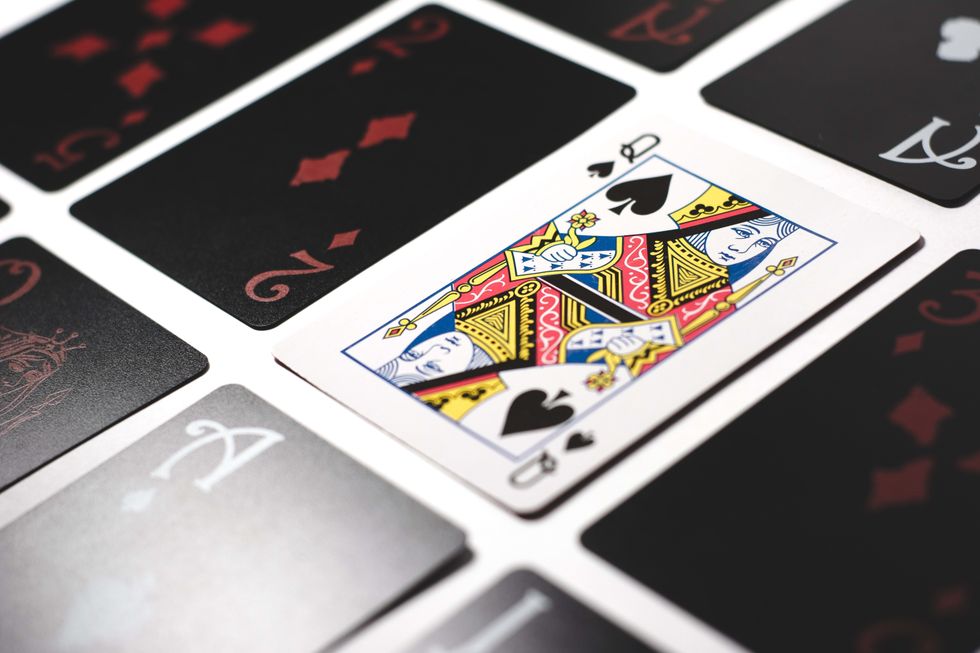 The Best Weed Smoking Games to Try
The Best Weed Smoking Games to Try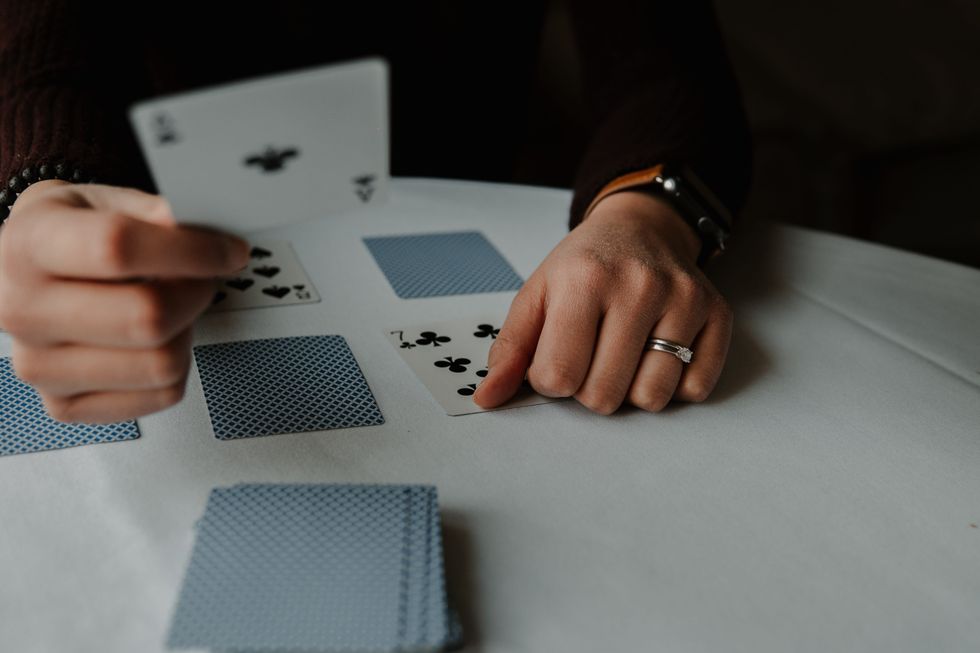 Games for Stoners
Games for Stoners 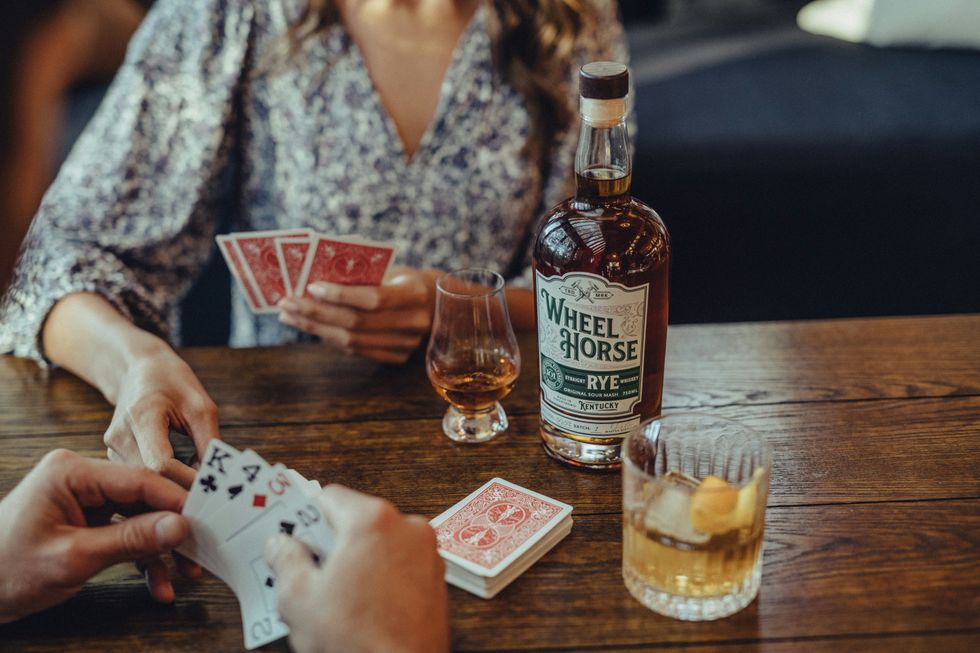 woman in white and blue floral shirt sitting beside woman in white and black floral shirtPhoto by
woman in white and blue floral shirt sitting beside woman in white and black floral shirtPhoto by 
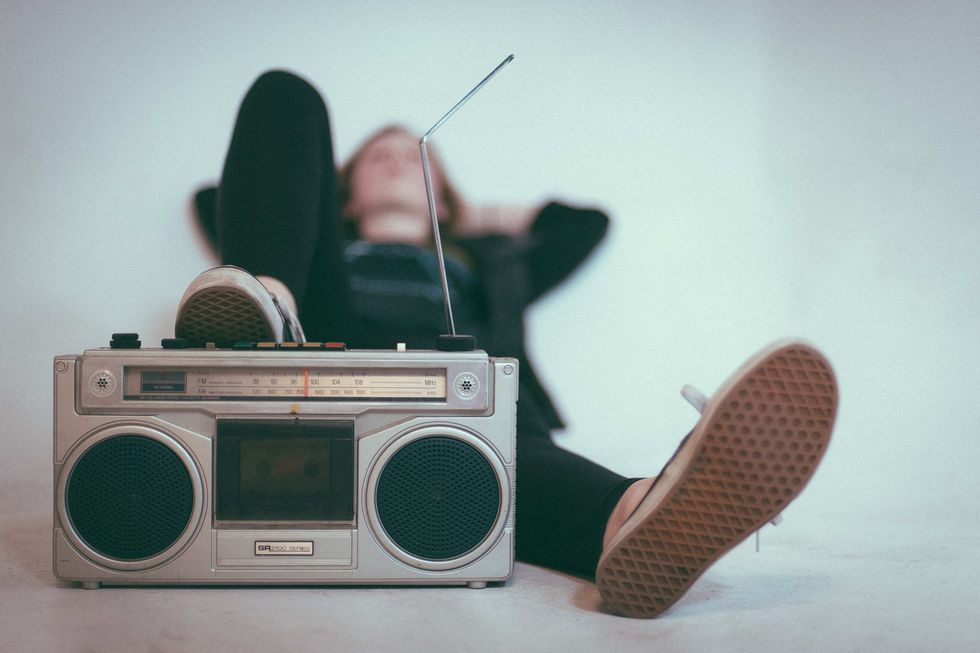 The Best Weed Smoking Games to Play
The Best Weed Smoking Games to Play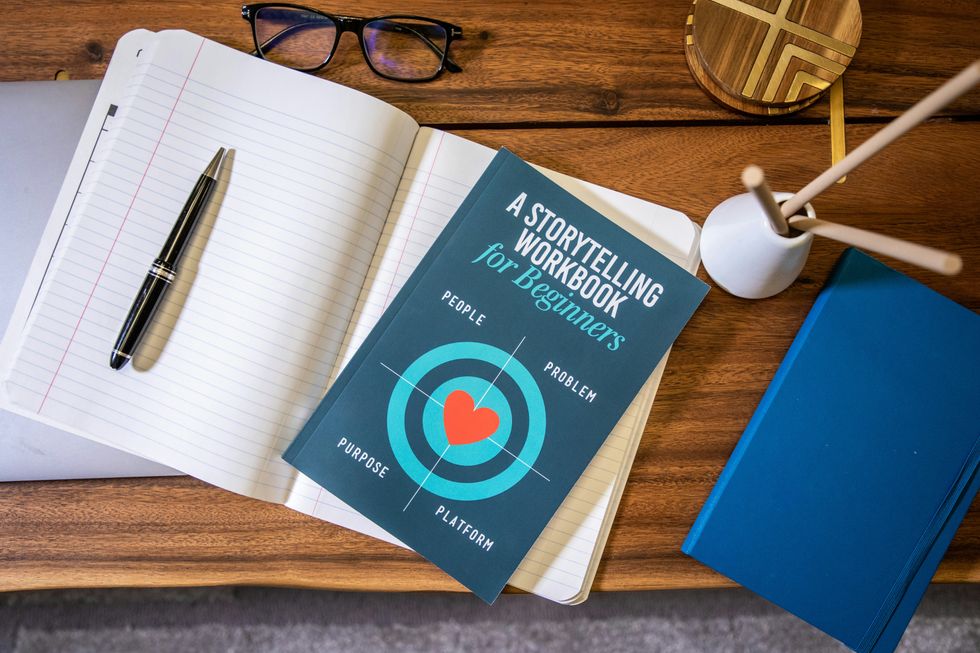
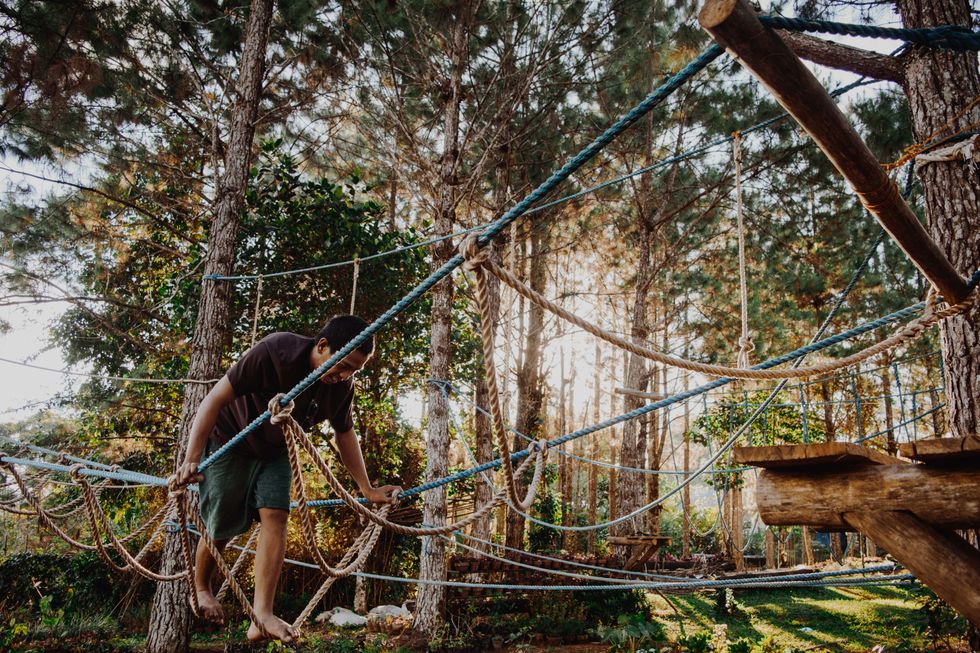 The Best Weed Smoking Games to Try
The Best Weed Smoking Games to Try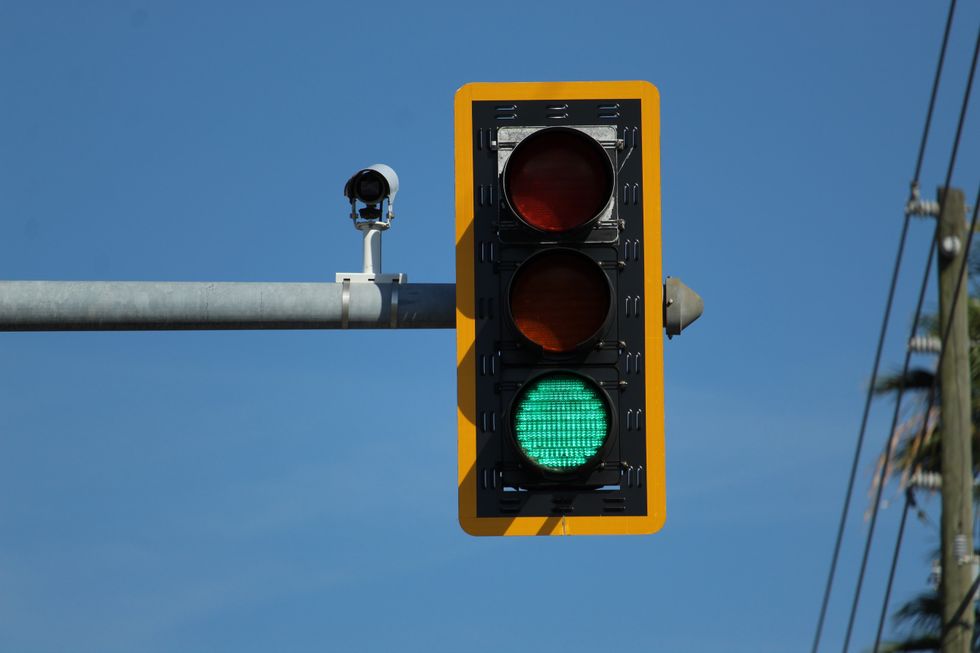 The Best Weed Smoking Games to Try
The Best Weed Smoking Games to Try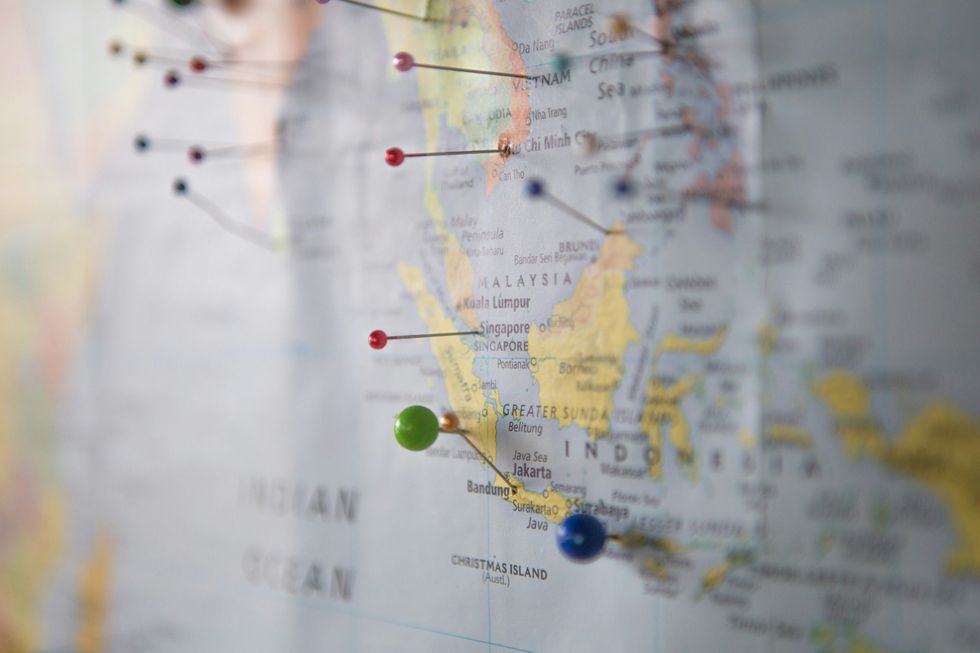 world map with pinsPhoto by
world map with pinsPhoto by 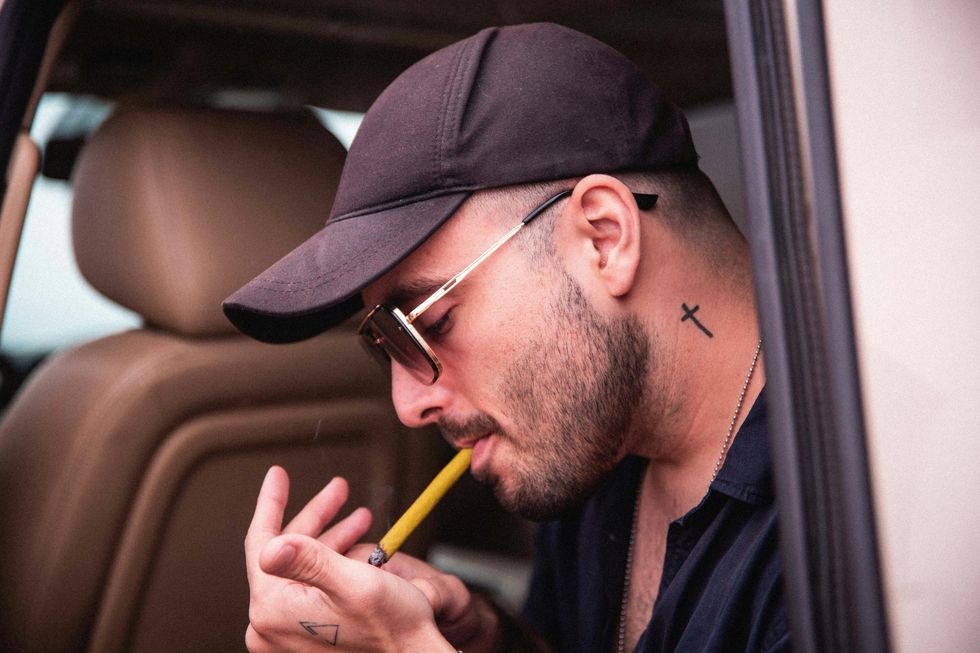
 The Best Weed Smoking Games to Try
The Best Weed Smoking Games to Try
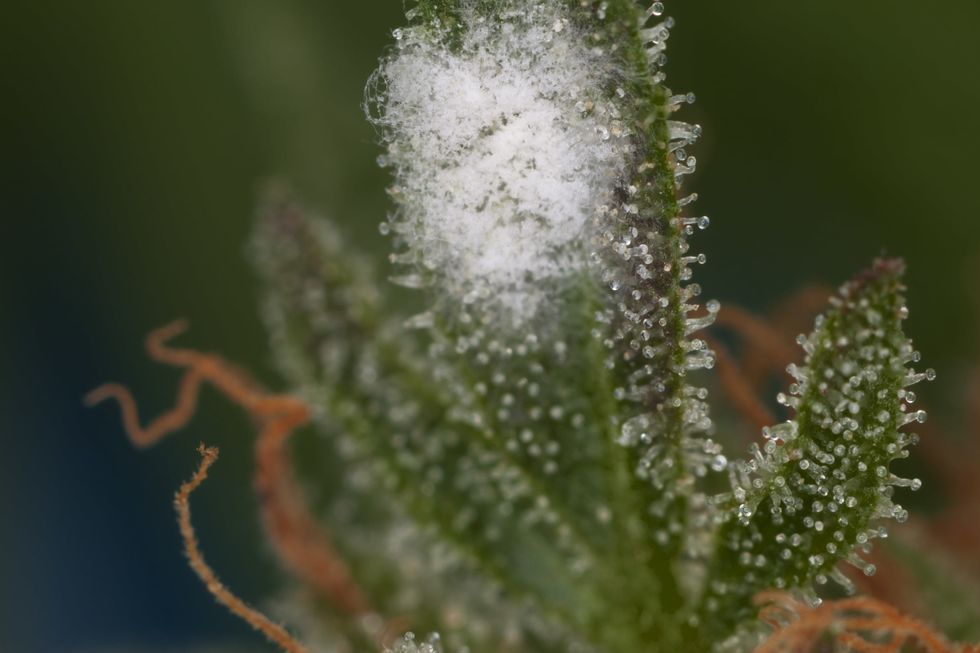 A good picture showing white mold next to cannabis trichomes.
A good picture showing white mold next to cannabis trichomes.